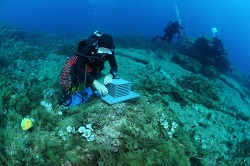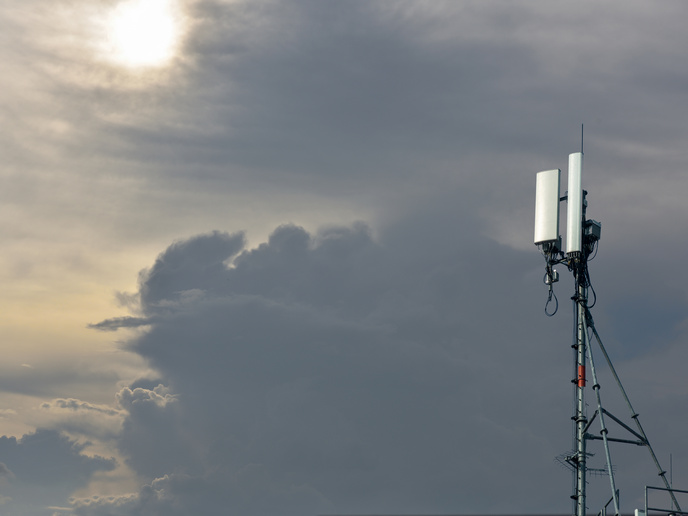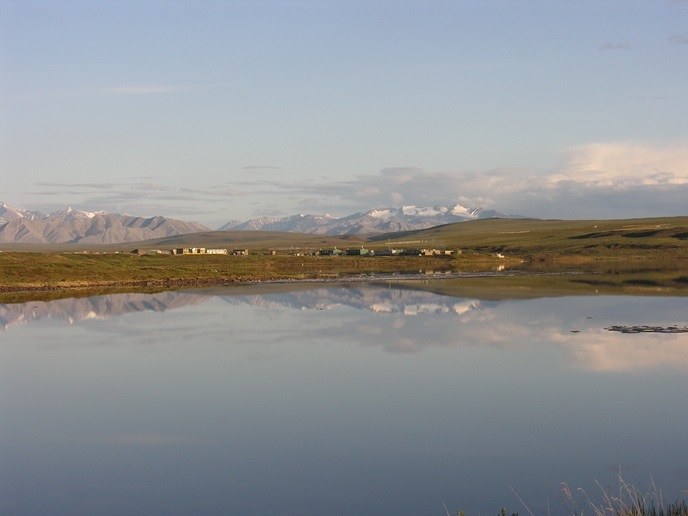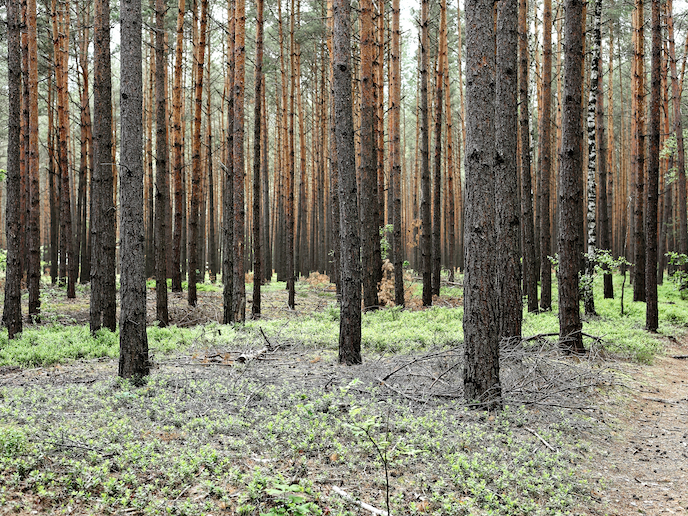New, innovative tool can track the environmental status of our seas
EU-funded project DEVOTES (DEVelopment Of innovative Tools for understanding marine biodiversity and assessing good Environmental Status) has developed the technology that allows EU Member States, the European Commission, scientists and managers to assess the environmental status of our seas. NEAT – the Nested Environmental status Assessment Tool – includes the DEVOTool and uses 600 different indicators from biodiversity, presence of non-indigenous species, commercial fishing, food-webs, eutrophication, and sea-floor integrity, to different ecosystem components like bacteria, plankton, fish or seabirds to give a holistic assessment of the sea. ‘We are convinced that the project has contributed deeply to the EU’s environmental protection goals by making new monitoring and modelling tools, assessment software and an enormous bulk of scientific research freely available to any scientist and manager,’ says DEVOTES Project Coordinator Angel Borja. Keeping track of the environmental status of our seas is vital to the sustainability of marine ecosystems. But it is also key to the sustainability of services that seas provide to humans such as fishing, tourism and energy production. Unless well managed, human activities can have harmful impacts on our seas. Fishing can become over-fishing, depleting stocks and destroying habitats. Meanwhile, shipping can introduce non-native species into European waters as well as run the risk of oil spills. Closer to the coast, discharges of waste water from agriculture and industry can cause eutrophication – a process which cuts oxygen levels in the water, killing aquatic life. At the same time, tourism can degrade coastal sites. On a larger scale, climate change exacerbates ecosystem change and can trigger the loss of services that marine ecosystems provide to humans. And, emerging human activities like large-scale aquaculture, deep-sea mining and renewable energies can impact the marine environment in many ways. ‘In general, unsustainable activities cause negative and irreversible impacts. When activities are sustainable, the delivery of ecosystem services by our seas produces a positive impact, which can be maintained over time,’ explains Borja. This can include sustainable fishing, well-managed tourism and carefully planned offshore windfarms. DEVOTES also achieved a world-first in evaluating the health of marine bacterial communities. ‘For the first time ever we have developed a bacterial index, based on metabarcoding, that can assess the ecological status of bacterial communities,’ Borja adds. While it’s clear that sustainable marine ecosystems are beneficial to marine life as well as humans, there are many hurdles in the way. Sea areas are governed by a range of policies which can overlap and even be contradictory. ‘Good coordination among EU Member States can overcome this problem,’ Borja says. Other hurdles include the cost of restoring an ecosystem to a good environmental status, as well as the time needed to achieve this. NEAT, including the DEVOTool, was tested in 10 different locations across European seas from the Arctic to the Black Sea covering areas ranging from 1,500 km2 to more than 800,000 km2. All work carried out by the project is now public, including 180 scientific papers and a book. Borja plans to continue to spread the knowledge gathered by this project via lectures, speeches, and training courses in using NEAT. He also hopes to use the tool as part of new projects in Europe, Canada and the Caspian Sea.







